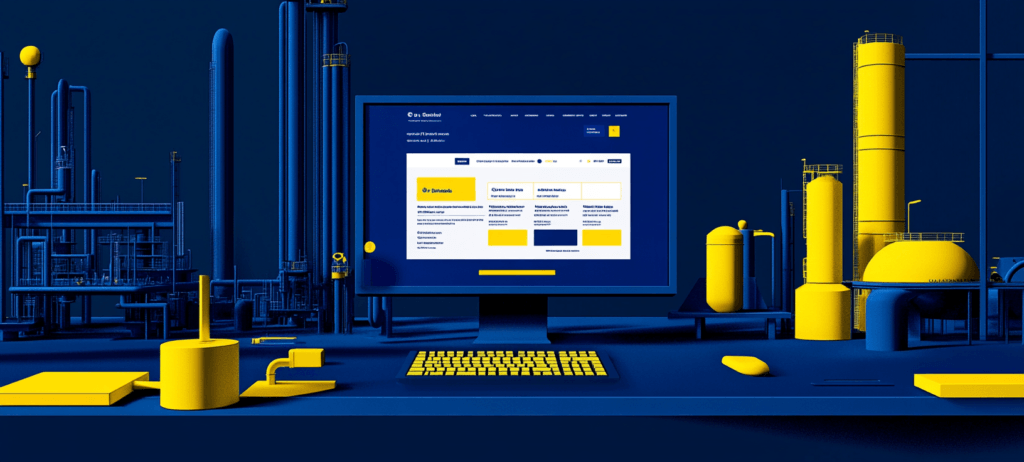Why Do People Pay “Gas Fees” on Ethereum?
If you’ve ever sent ETH or interacted with a smart contract, you’ve probably noticed that you need to pay something called a gas fee. But what exactly is it—and why does it even exist? Let’s unpack this in a way that makes sense even if you’re new to crypto.
What Are Gas Fees?
On Ethereum, every action you take—sending tokens, minting NFTs, swapping coins, or interacting with DeFi apps—requires computing power. That computing power isn’t free.
Gas fees are like a small “tip” you pay to Ethereum validators (formerly miners) who use their computers to process your transaction and keep the network secure. In short, gas fees are what make Ethereum run.Why Gas Fees Exist
Imagine Ethereum as a global computer. Every time you ask it to do something, like execute a smart contract, you’re using up a little bit of its energy and time.
Gas fees make sure:
Transactions are prioritized
higher fees get processed faster.
The network stays spam-free
people can’t flood the system with fake transactions.
Validators get rewarde
they’re compensated for the work and energy they contribute.
Without gas fees, Ethereum would be chaotic and overloaded with useless activity.
Why Do Gas Fees Go Up and Down?
Gas fees aren’t fixed. They rise and fall depending on how busy the network is.
- When there’s high demand (like during popular NFT drops or meme coin hype), fees spike.
- When fewer people are using the network, fees drop.
Ethereum’s EIP-1559 upgrade made things a bit smoother by introducing a base fee (burned) and an optional tip for faster processing—but the costs still depend on network traffic.
How to Save on Gas Fees
Here are a few practical tips:
- Transact during off-peak hours (usually weekends or late nights).
- Use Layer 2 solutions like Arbitrum, Optimism, or Polygon. They offer cheaper, faster transactions.
- Batch small actions instead of doing many single ones.
These small steps can make a big difference, especially if you use Ethereum often.
The Bigger Picture
Gas fees are a fundamental part of Ethereum’s ecosystem. They’re not just random costs—they’re what keep the network efficient, secure, and decentralized. As Ethereum continues to evolve (with upgrades like sharding and Layer 2 scaling), we can expect gas fees to become more affordable and user-friendly over time.

